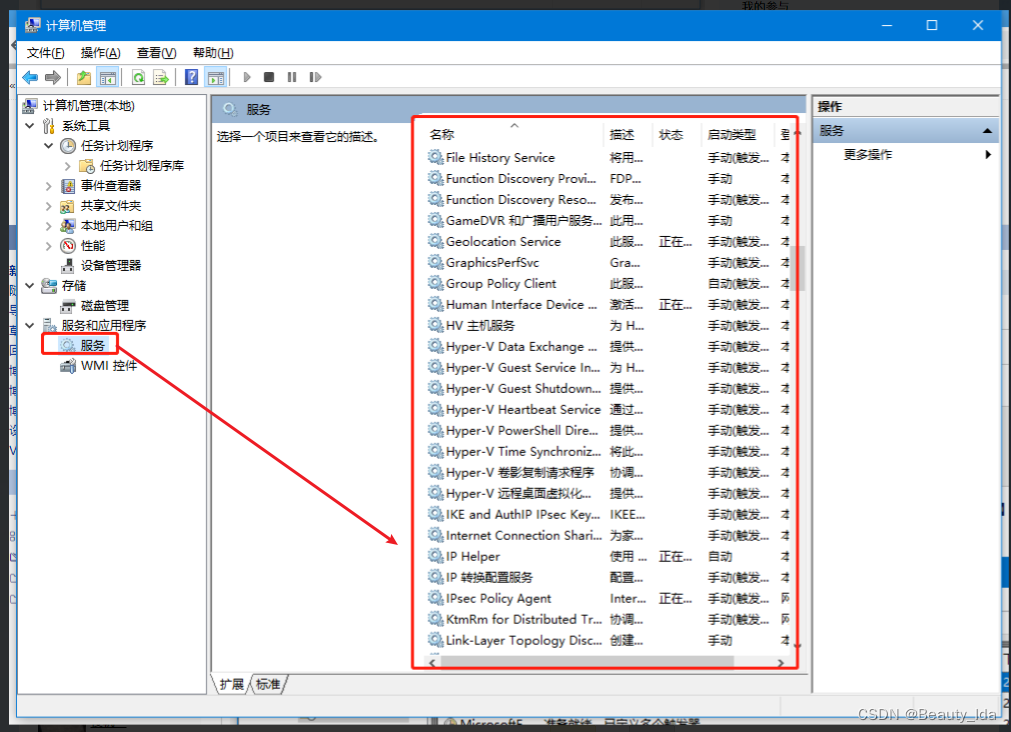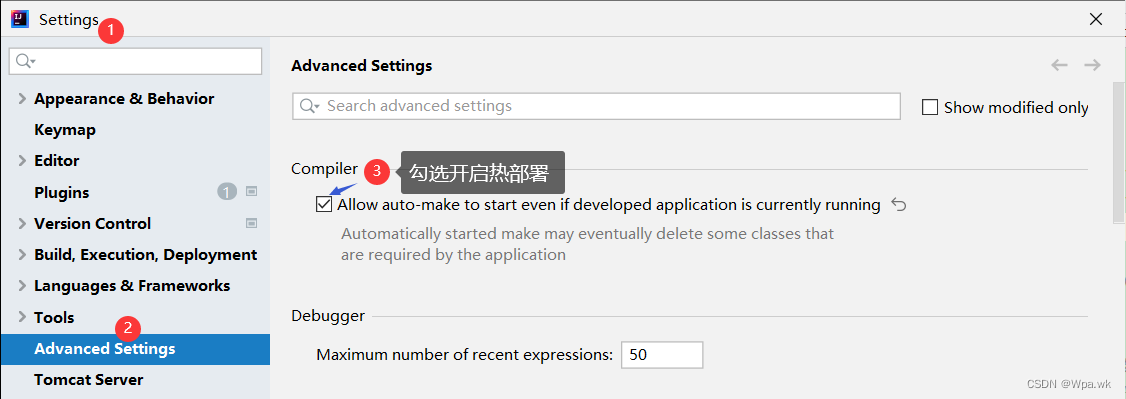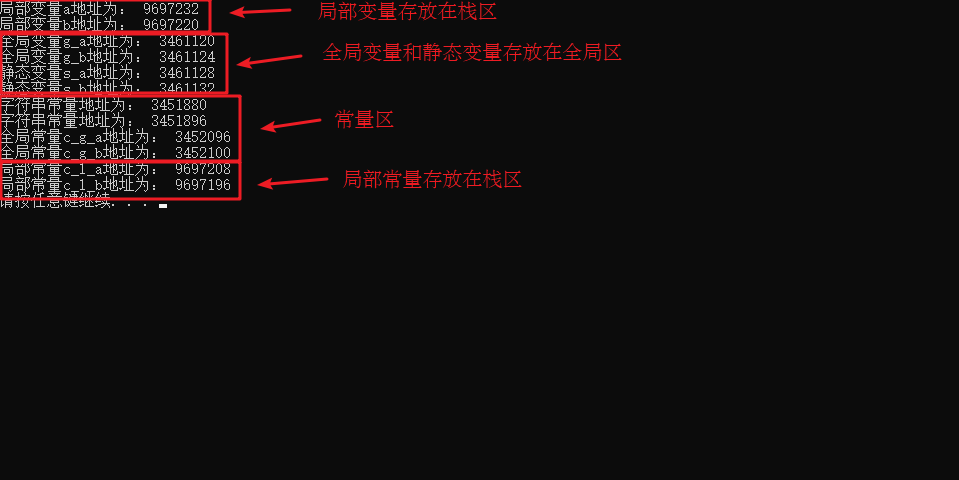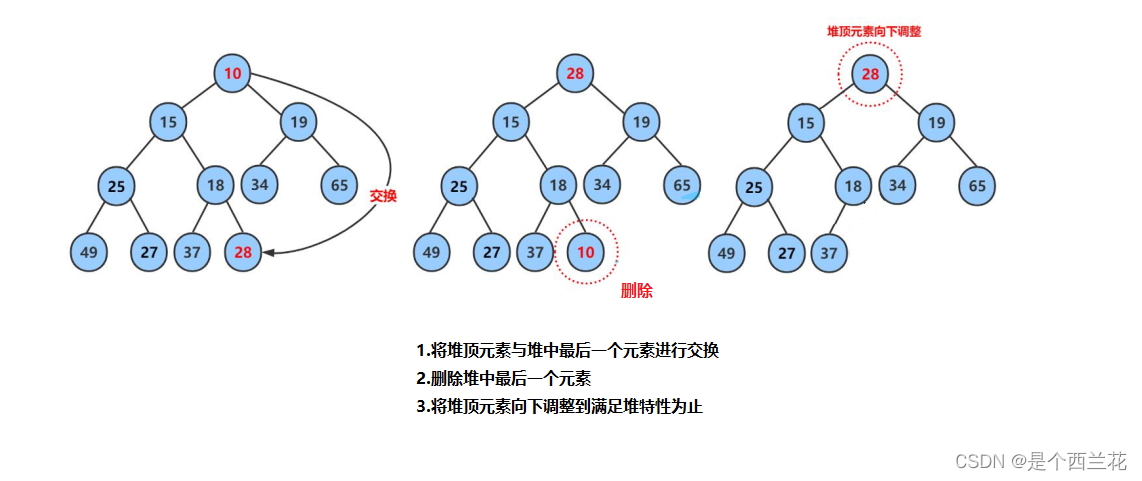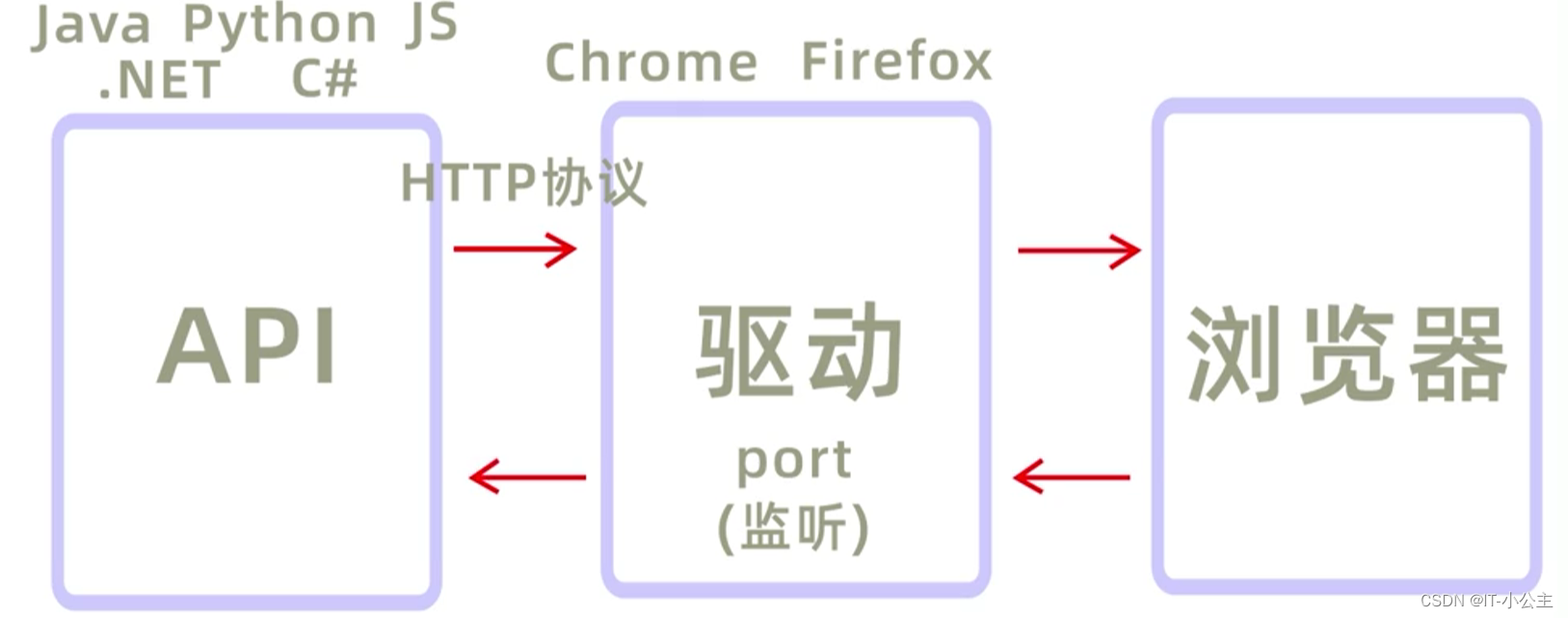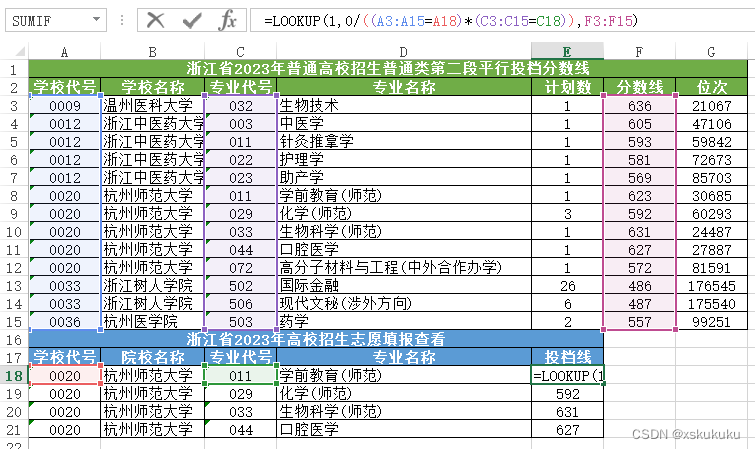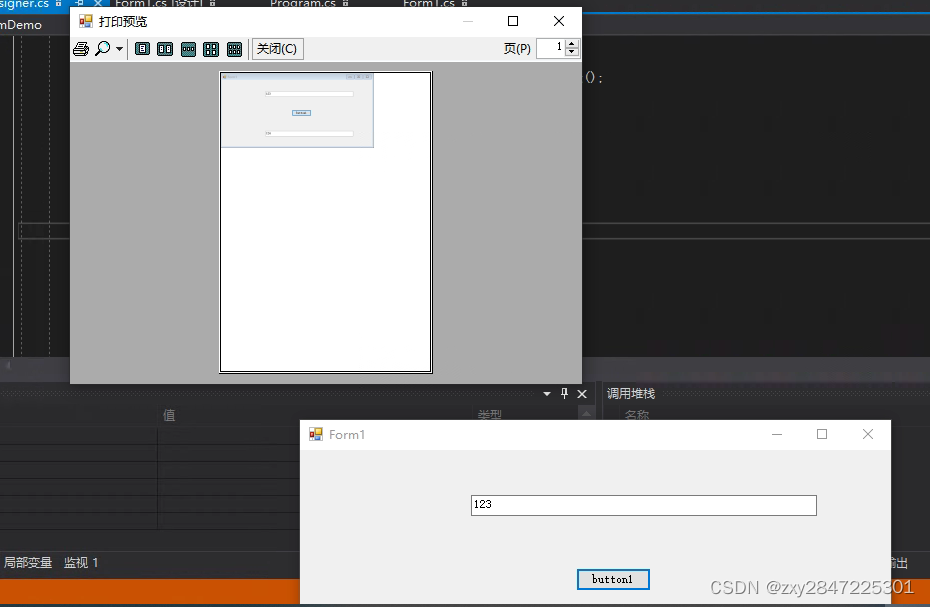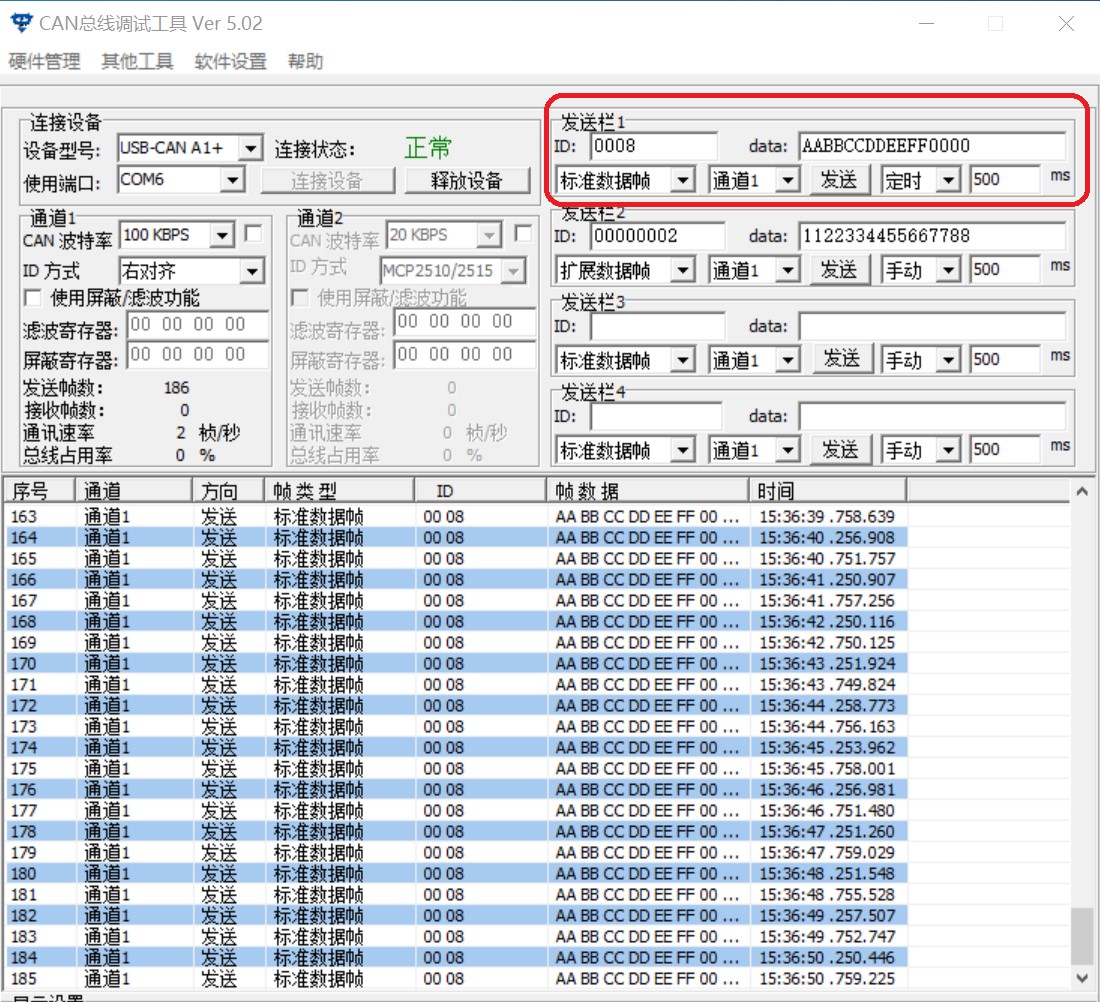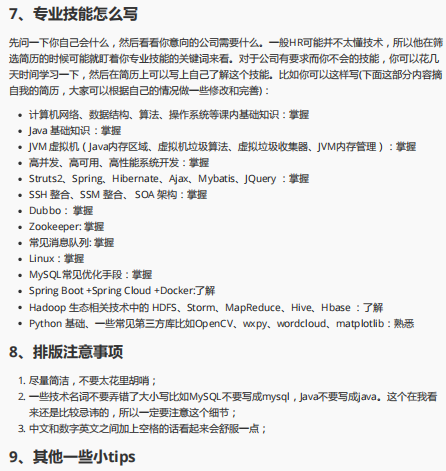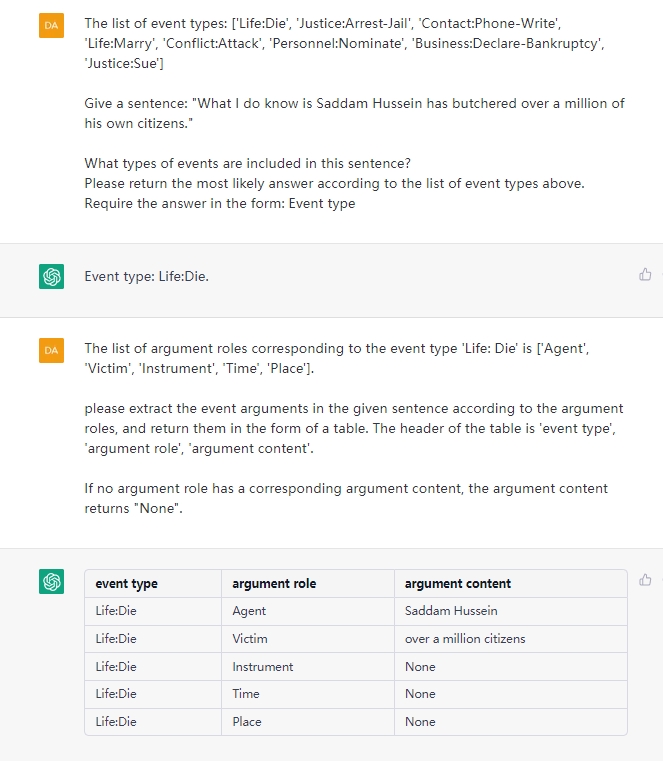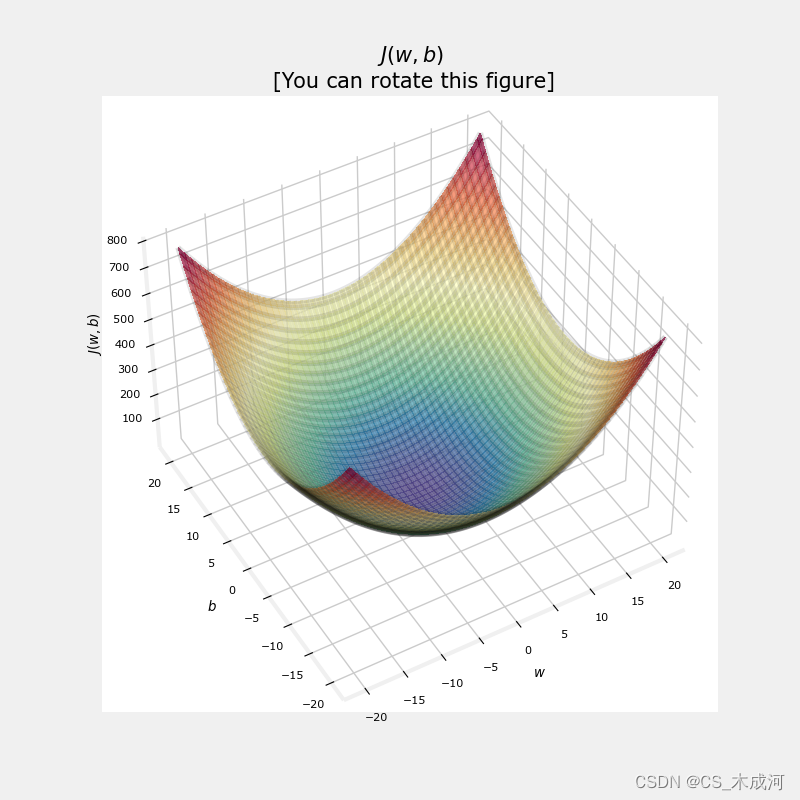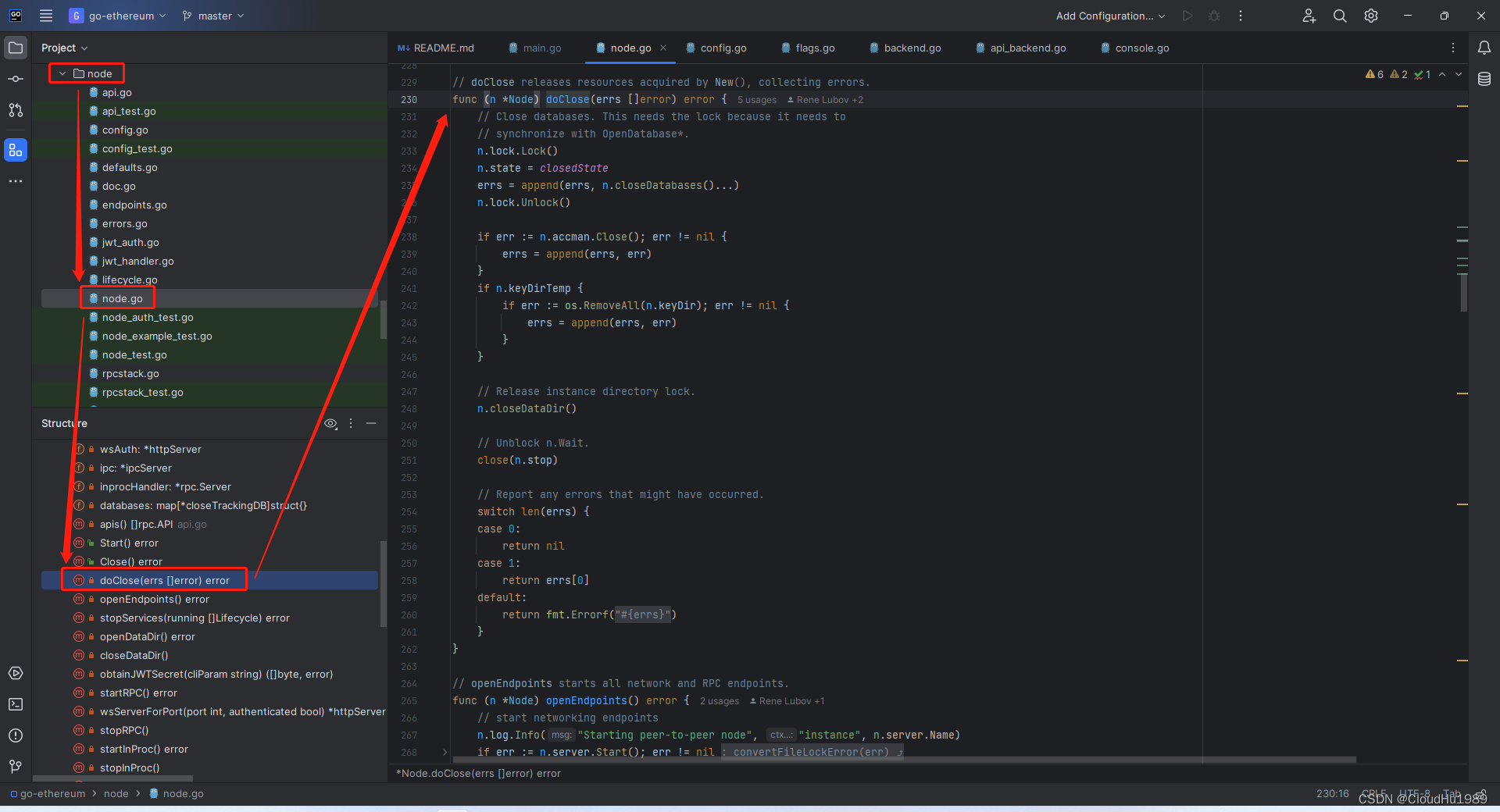概述
《Linux内存回收入口_nginux的博客-CSDN博客》前文我们概略的描述了几种内存回收入口,我们知道几种回收入口最终都会调用进入shrink_node函数,本文将以Linux 5.9源码来描述shrink_node函数的源码实现。
函数调用流程图
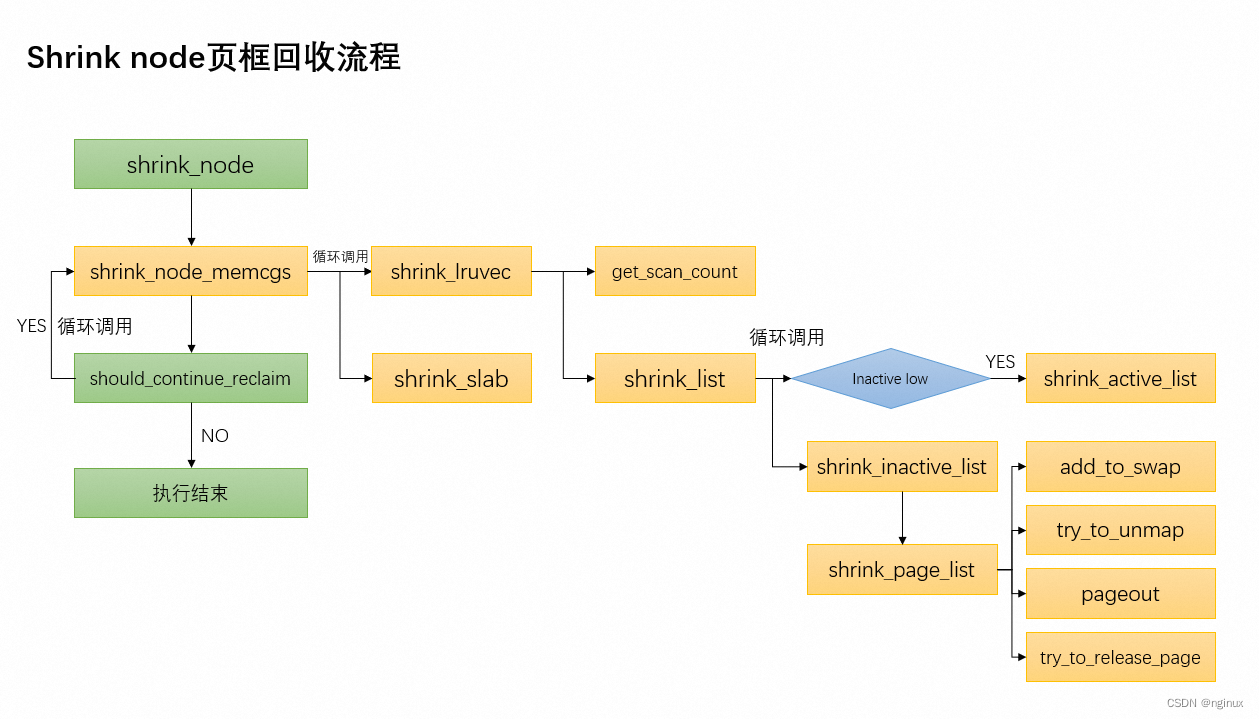
scan_control数据结构
struct scan_control {
/* How many pages shrink_list() should reclaim */
unsigned long nr_to_reclaim;
/*
* Nodemask of nodes allowed by the caller. If NULL, all nodes
* are scanned.
*/
nodemask_t *nodemask;
/*
* The memory cgroup that hit its limit and as a result is the
* primary target of this reclaim invocation.
*/
struct mem_cgroup *target_mem_cgroup;
/*
* Scan pressure balancing between anon and file LRUs
*/
unsigned long anon_cost;
unsigned long file_cost;
/* Can active pages be deactivated as part of reclaim? */
//是否能从active lru列表进行deactivate的reclaim
#define DEACTIVATE_ANON 1
#define DEACTIVATE_FILE 2
unsigned int may_deactivate:2;
//如果是1:代表强制进行deactivate,即同时deactivate file和anon
//如果是0,按需进行deactivate file或者anon,具体条件见下面shrink_node源码分析
unsigned int force_deactivate:1;
unsigned int skipped_deactivate:1;
/* Writepage batching in laptop mode; RECLAIM_WRITE */
unsigned int may_writepage:1;
/* Can mapped pages be reclaimed? */
unsigned int may_unmap:1;
/* Can pages be swapped as part of reclaim? */
unsigned int may_swap:1;
/*
* Cgroups are not reclaimed below their configured memory.low,
* unless we threaten to OOM. If any cgroups are skipped due to
* memory.low and nothing was reclaimed, go back for memory.low.
*/
unsigned int memcg_low_reclaim:1;
unsigned int memcg_low_skipped:1;
unsigned int hibernation_mode:1;
/* One of the zones is ready for compaction */
unsigned int compaction_ready:1;
/* There is easily reclaimable cold cache in the current node */
//设置为1代表只回收file page cache,不回收aone page
unsigned int cache_trim_mode:1;
/* The file pages on the current node are dangerously low */
//设置1代表只回收aone page,不回收file page
unsigned int file_is_tiny:1;
/* Allocation order */
s8 order;
/* Scan (total_size >> priority) pages at once */
s8 priority;
/* The highest zone to isolate pages for reclaim from */
s8 reclaim_idx;
/* This context's GFP mask */
gfp_t gfp_mask;
/* Incremented by the number of inactive pages that were scanned */
unsigned long nr_scanned;
/* Number of pages freed so far during a call to shrink_zones() */
unsigned long nr_reclaimed;
struct {
unsigned int dirty;
unsigned int unqueued_dirty;
unsigned int congested;
unsigned int writeback;
unsigned int immediate;
unsigned int file_taken;
unsigned int taken;
} nr;
/* for recording the reclaimed slab by now */
struct reclaim_state reclaim_state;
};shrink_node函数
static void shrink_node(pg_data_t *pgdat, struct scan_control *sc)
{
struct reclaim_state *reclaim_state = current->reclaim_state;
unsigned long nr_reclaimed, nr_scanned;
struct lruvec *target_lruvec;
bool reclaimable = false;
unsigned long file;
target_lruvec = mem_cgroup_lruvec(sc->target_mem_cgroup, pgdat);
again:
memset(&sc->nr, 0, sizeof(sc->nr));
nr_reclaimed = sc->nr_reclaimed;
nr_scanned = sc->nr_scanned;
/*
* Determine the scan balance between anon and file LRUs.
*/
spin_lock_irq(&pgdat->lru_lock);
sc->anon_cost = target_lruvec->anon_cost;
sc->file_cost = target_lruvec->file_cost;
spin_unlock_irq(&pgdat->lru_lock);
/*
* Target desirable inactive:active list ratios for the anon
* and file LRU lists.
*/
if (!sc->force_deactivate) {
unsigned long refaults;
refaults = lruvec_page_state(target_lruvec,
WORKINGSET_ACTIVATE_ANON);
//anon的refaults值比上次回收发生了变化,或者inactive anon很少,设置
//DEACTIVATE_ANON表示需要deactivate anon
if (refaults != target_lruvec->refaults[0] ||
inactive_is_low(target_lruvec, LRU_INACTIVE_ANON))
sc->may_deactivate |= DEACTIVATE_ANON;
else
sc->may_deactivate &= ~DEACTIVATE_ANON;
/*
* When refaults are being observed, it means a new
* workingset is being established. Deactivate to get
* rid of any stale active pages quickly.
*/
refaults = lruvec_page_state(target_lruvec,
WORKINGSET_ACTIVATE_FILE);
if (refaults != target_lruvec->refaults[1] ||
inactive_is_low(target_lruvec, LRU_INACTIVE_FILE))
sc->may_deactivate |= DEACTIVATE_FILE;
else
sc->may_deactivate &= ~DEACTIVATE_FILE;
} else
sc->may_deactivate = DEACTIVATE_ANON | DEACTIVATE_FILE;
/*
* If we have plenty of inactive file pages that aren't
* thrashing, try to reclaim those first before touching
* anonymous pages.
*/
//file是inactive file的数量
file = lruvec_page_state(target_lruvec, NR_INACTIVE_FILE);
if (file >> sc->priority && !(sc->may_deactivate & DEACTIVATE_FILE))
//只回收file page,影响get_scan_count
sc->cache_trim_mode = 1;
else
sc->cache_trim_mode = 0;
/*
* Prevent the reclaimer from falling into the cache trap: as
* cache pages start out inactive, every cache fault will tip
* the scan balance towards the file LRU. And as the file LRU
* shrinks, so does the window for rotation from references.
* This means we have a runaway feedback loop where a tiny
* thrashing file LRU becomes infinitely more attractive than
* anon pages. Try to detect this based on file LRU size.
*/
if (!cgroup_reclaim(sc)) {
unsigned long total_high_wmark = 0;
unsigned long free, anon;
int z;
free = sum_zone_node_page_state(pgdat->node_id, NR_FREE_PAGES);
file = node_page_state(pgdat, NR_ACTIVE_FILE) +
node_page_state(pgdat, NR_INACTIVE_FILE);
for (z = 0; z < MAX_NR_ZONES; z++) {
struct zone *zone = &pgdat->node_zones[z];
if (!managed_zone(zone))
continue;
total_high_wmark += high_wmark_pages(zone);
}
/*
* Consider anon: if that's low too, this isn't a
* runaway file reclaim problem, but rather just
* extreme pressure. Reclaim as per usual then.
*/
anon = node_page_state(pgdat, NR_INACTIVE_ANON);
//设置1代表只回收aone page,不回收file page
sc->file_is_tiny =
file + free <= total_high_wmark &&
!(sc->may_deactivate & DEACTIVATE_ANON) &&
anon >> sc->priority;
}
//回收的核心函数,后面文章专门分析
shrink_node_memcgs(pgdat, sc);
if (reclaim_state) {
sc->nr_reclaimed += reclaim_state->reclaimed_slab;
reclaim_state->reclaimed_slab = 0;
}
/* Record the subtree's reclaim efficiency */
vmpressure(sc->gfp_mask, sc->target_mem_cgroup, true,
sc->nr_scanned - nr_scanned,
sc->nr_reclaimed - nr_reclaimed);
//这一轮回收到了页面
if (sc->nr_reclaimed - nr_reclaimed)
reclaimable = true;
//只允许kswapd线程设置这些flag,因为只有kswapd能clear这些flag,避免混乱
//比如memcg reclaim也能设置,没法保证kswapd肯定会被wakeup去clear这些标志
if (current_is_kswapd()) {
/*
* If reclaim is isolating dirty pages under writeback,
* it implies that the long-lived page allocation rate
* is exceeding the page laundering rate. Either the
* global limits are not being effective at throttling
* processes due to the page distribution throughout
* zones or there is heavy usage of a slow backing
* device. The only option is to throttle from reclaim
* context which is not ideal as there is no guarantee
* the dirtying process is throttled in the same way
* balance_dirty_pages() manages.
*
* Once a node is flagged PGDAT_WRITEBACK, kswapd will
* count the number of pages under pages flagged for
* immediate reclaim and stall if any are encountered
* in the nr_immediate check below.
*/
//设置PGDAT_DIRTY代表reclaim发现很多页面正在回写
if (sc->nr.writeback && sc->nr.writeback == sc->nr.taken)
set_bit(PGDAT_WRITEBACK, &pgdat->flags);
/* Allow kswapd to start writing pages during reclaim.*/
设置PGDAT_DIRTY代表reclaim发现很多脏页
if (sc->nr.unqueued_dirty == sc->nr.file_taken)
set_bit(PGDAT_DIRTY, &pgdat->flags);
/*
* If kswapd scans pages marked for immediate
* reclaim and under writeback (nr_immediate), it
* implies that pages are cycling through the LRU
* faster than they are written so also forcibly stall.
*/
if (sc->nr.immediate)
congestion_wait(BLK_RW_ASYNC, HZ/10);
}
/*
* Tag a node/memcg as congested if all the dirty pages
* scanned were backed by a congested BDI and
* wait_iff_congested will stall.
*
* Legacy memcg will stall in page writeback so avoid forcibly
* stalling in wait_iff_congested().
*/
//只允许kswapd线程设置LRUVEC_CONGESTED,因为只有kswapd能clear LRUVEC_CONGESTED,
//比如memcg reclaim也能设置,没法保证kswap能唤醒去clear LRUVEC_CONGESTED,导致
//direct reclaim阻塞在wait_iff_congested
if ((current_is_kswapd() ||
(cgroup_reclaim(sc) && writeback_throttling_sane(sc))) &&
sc->nr.dirty && sc->nr.dirty == sc->nr.congested)
set_bit(LRUVEC_CONGESTED, &target_lruvec->flags);
/*
* Stall direct reclaim for IO completions if underlying BDIs
* and node is congested. Allow kswapd to continue until it
* starts encountering unqueued dirty pages or cycling through
* the LRU too quickly.
*/
//如果是非kswapd线程,且判定当前回收设置过拥塞flag,就要等待,所以direct reclaim
//会被阻塞
if (!current_is_kswapd() && current_may_throttle() &&
!sc->hibernation_mode &&
test_bit(LRUVEC_CONGESTED, &target_lruvec->flags))
wait_iff_congested(BLK_RW_ASYNC, HZ/10);
//如果需要继续回收,就goto again继续
if (should_continue_reclaim(pgdat, sc->nr_reclaimed - nr_reclaimed,
sc))
goto again;
/*
* Kswapd gives up on balancing particular nodes after too
* many failures to reclaim anything from them and goes to
* sleep. On reclaim progress, reset the failure counter. A
* successful direct reclaim run will revive a dormant kswapd.
*/
if (reclaimable)
pgdat->kswapd_failures = 0;
}should_continue_reclaim
/*
* Reclaim/compaction is used for high-order allocation requests. It reclaims
* order-0 pages before compacting the zone. should_continue_reclaim() returns
* true if more pages should be reclaimed such that when the page allocator
* calls try_to_compact_pages() that it will have enough free pages to succeed.
* It will give up earlier than that if there is difficulty reclaiming pages.
*/
static inline bool should_continue_reclaim(struct pglist_data *pgdat,
unsigned long nr_reclaimed,
struct scan_control *sc)
{
unsigned long pages_for_compaction;
unsigned long inactive_lru_pages;
int z;
/* If not in reclaim/compaction mode, stop */
if (!in_reclaim_compaction(sc))
return false;
/*
* Stop if we failed to reclaim any pages from the last SWAP_CLUSTER_MAX
* number of pages that were scanned. This will return to the caller
* with the risk reclaim/compaction and the resulting allocation attempt
* fails. In the past we have tried harder for __GFP_RETRY_MAYFAIL
* allocations through requiring that the full LRU list has been scanned
* first, by assuming that zero delta of sc->nr_scanned means full LRU
* scan, but that approximation was wrong, and there were corner cases
* where always a non-zero amount of pages were scanned.
*/
if (!nr_reclaimed)
return false;
//compaction_suitable会检查水位是否已满足条件(要根据orderPAGE_ALLOC_COSTLY_ORDER
//使用不同的watermark,如果不满足就不会返回success/continue
/* If compaction would go ahead or the allocation would succeed, stop */
for (z = 0; z <= sc->reclaim_idx; z++) {
struct zone *zone = &pgdat->node_zones[z];
if (!managed_zone(zone))
continue;
//满足了水位return false,代表不要继续shrink_node了
switch (compaction_suitable(zone, sc->order, 0, sc->reclaim_idx)) {
case COMPACT_SUCCESS:
case COMPACT_CONTINUE:
return false;
default:
/* check next zone */
;
}
}
/*
* If we have not reclaimed enough pages for compaction and the
* inactive lists are large enough, continue reclaiming
*/
//上面水位检查不通过,且也没有reclaim足够的page来做compaction,那就继续reclaim吧
pages_for_compaction = compact_gap(sc->order);
inactive_lru_pages = node_page_state(pgdat, NR_INACTIVE_FILE);
if (get_nr_swap_pages() > 0)
inactive_lru_pages += node_page_state(pgdat, NR_INACTIVE_ANON);
return inactive_lru_pages > pages_for_compaction;
}参考文章:
[PATCH v2 4/4] mm/vmscan: Don't mess with pgdat->flags in memcg reclaim. - Andrey Ryabinin
Linux 内存管理_workingset内存_jianchwa的博客-CSDN博客
